ISSUE 40: COVID CULTURAL REACTIONS WORLDWIDE – A FOLLOW-UP VIEW FROM BEHIND THE HEADLINES
This time last year we checked in on our on-the-ground partners in >50 countries to make sure they, their families and their teams were doing okay, and we asked them: “what one thing have you noticed that stands out as most interesting about your culture in response to the pandemic?”. We reported on some of the impressions from their experiences – providing a perspective of the pandemic impacts from behind the news headlines and from different corners of the world. Some of the key themes that emerged were:
- Habits die hard, so many folks were resistant to change their ways to observe social distancing
- Many turned to faith in lieu of modern science in response to the crisis.
- The poorer, the more vulnerable people seemed to be to the pandemic.
The traveling elite were staying home and appeared to be more modest. Concerns over human rights risks intensified. Over the past year we have stayed in close touch with our partners, and recently asked them to let us know how, looking back over the year, their impressions had changed. Here’s what we learned:

AS PREDICTED IN MARCH 2020:
POOR MORE VULNERABLE
A year ago some of our partners in LATAM and Africa expressed concern that those living in high-density settlements lacking basic sanitation would be much more vulnerable to COVID-19 infection and death than others – adding to tensions between those who have resources and those who do not. Now we’re hearing about another way this inequity is playing out even for the working class: those with lower paying jobs that require being in a shared workplace are increasingly concerned that they are at higher risk (than those who can work from home or via the internet) but lack resources to quit those jobs.
ELITE MORE SECURE
Many of our African partners have noted the elites have mostly remained in-country during the pandemic. “Nigerians who love going vacationing seem to have lost the taste for such hobbies. The news from abroad on COVID-19 scares them and they prefer to stay back in safe haven.” In contrast, we hear from LATAM that those with the resources to do so are increasingly flying to the US for vaccines, driving the price of airfares higher for all.
NEW / UNEXPECTED OBSERVATIONS:
COVID? WHAT COVID?
Many of our partners in Africa commented that the impact of the pandemic was less than expected in their countries. A primary reason is that some of the symptoms of COVID-19 are similar to those of malaria, which most treat somewhat successfully with natural and traditional medicines. Our partners in sub-Saharan Africa report that many in their countries have likely been exposed to COVID-19 and overcome their symptoms without taking special precautions or treatment.
PROTECTION FATIGUE
We continue to hear a lot about fatigue with government regulations and restrictions that require preventative measures and limit personal liberty and economic activity. As is the case in the US, many in our partner countries are ready to return to their “normal” lives and allowing themselves to be less attentive to those measures (more people are forgetting to wear masks, social distance, wash hands, etc.).
Additionally, it seems that trust in the government’s handling of the pandemic has waned in many countries in LATAM and Africa, which again makes people less attentive to the measures that are put in place. Our partner in Nigeria reports that about 60% of the population believe that some measures are simply the government’s gimmick to siphon funds in the name of COVID-19. At the same time, this lack of trust has led to an increase in conspiracy theories.
“WHERE’S MY STUFF?” X 10
Restrictions on international transit of goods have made access to everyday products difficult for those in countries that rely overwhelmingly on imports. From Namibia to Bolivia, we hear similar stories of mounting pressures: “Transport across boundaries also experienced major delays due to stringent COVID-19 regulations. This affected everybody since our daily commodities are all imported. “
On top of this, upsets in status-quo, from the Suez Canal jam to the current socio-political crisis in Colombia, overstress the resiliency of supply chains that have been laid thin by vulnerability of workforce and demand spikes. Last week, Colombians were reporting that food and fuel were simply not available in some stores and petrol stations that have been unable to restore supplies.
CONCLUSION
While here in the US we are starting to feel the end of the crisis is near with mass vaccination taking place, many in our partners’ countries continue to face similar or even greater risks than when we wrote a year ago. Our colleagues in Brasil and India are now experiencing the deadliest waves of the pandemic. Crises in Mozambique and Myanmar are at least not exacerbated by infection rates that, for now, are reported to be remaining low – but the impact of economic and political protests in Colombia is particularly extreme given the critical rate of COVID infection and death there this month.
We will continue to regularly check in with our partners, clients and friends all around the world, and offer whatever support we can bring them. As we do so, we hope to also continue to learn and gather their cultural feedback on the evolving situation. But above all, we hope everyone will manage to stay safe and healthy.
News & Notes

Acorn International
1702 Taylor St, Suite 200B
Houston, TX 77007, USA
1213 Purchase St
New Bedford, MA 02740, USA
